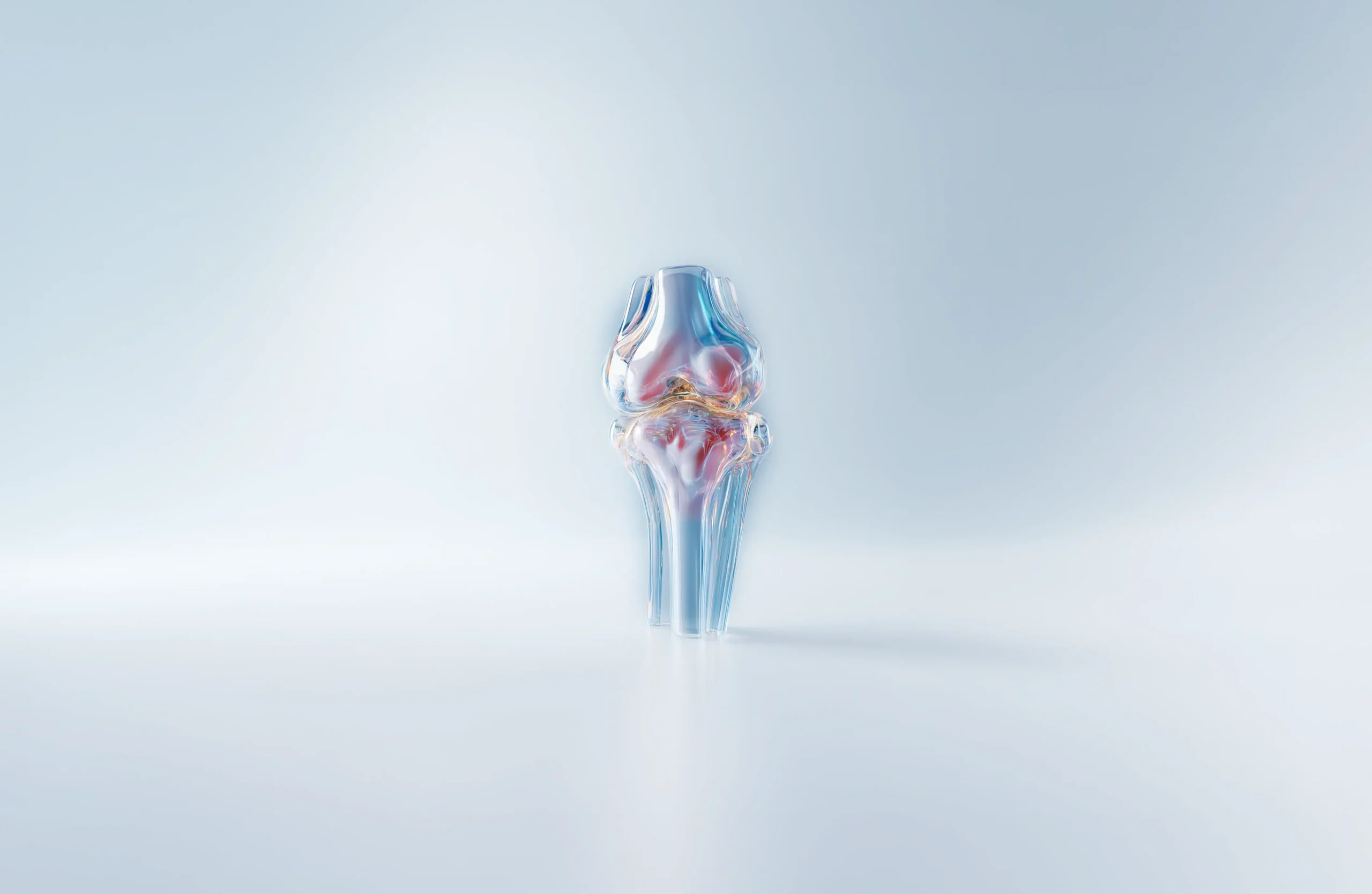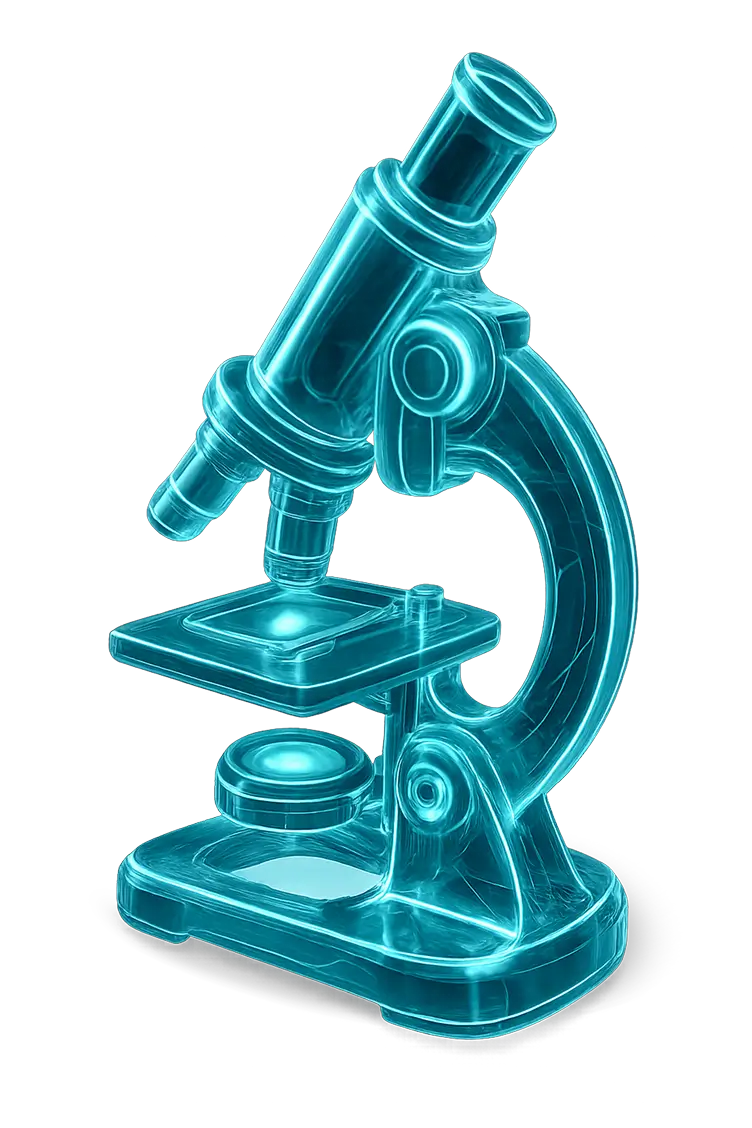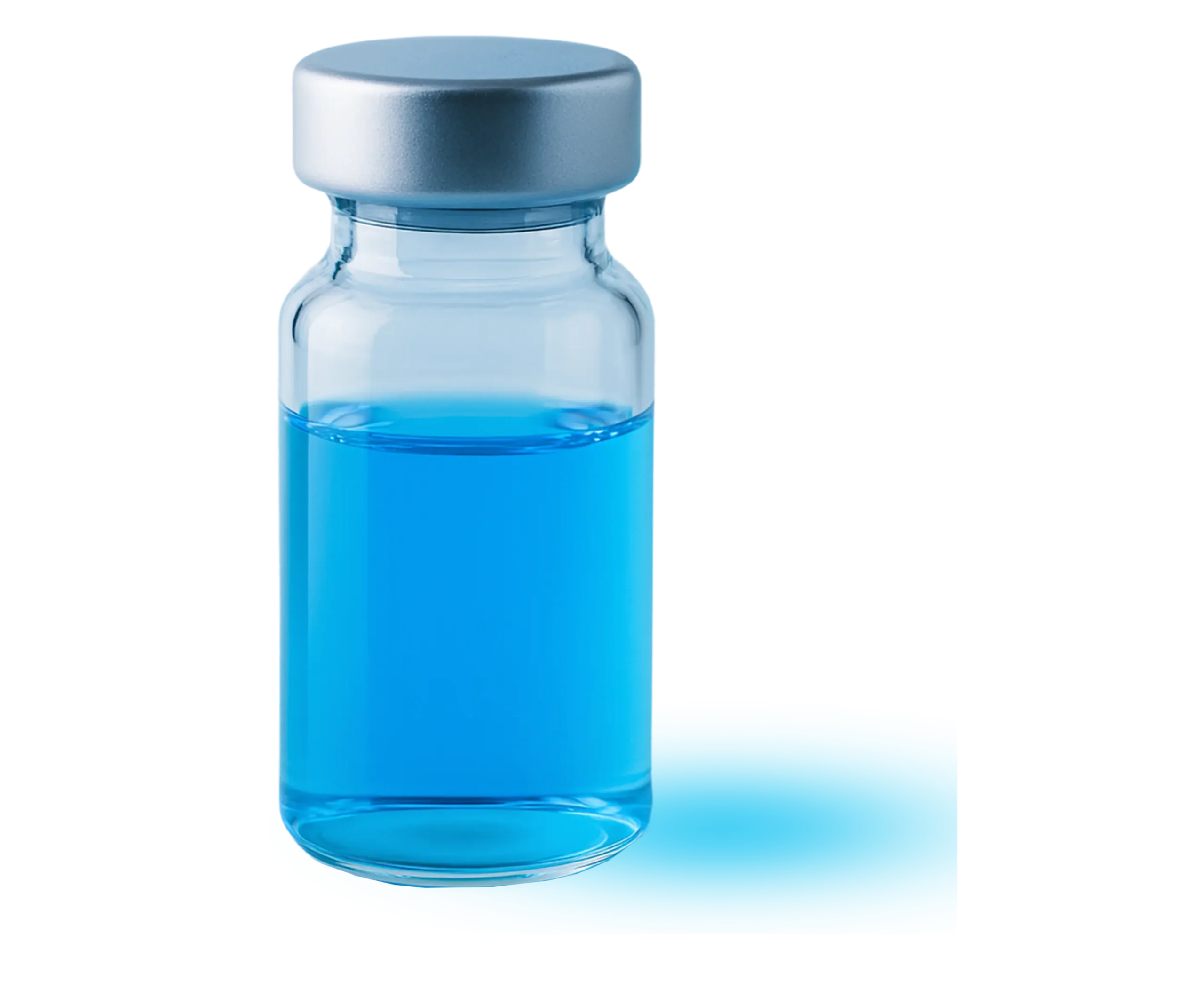Platelet-Rich Plasma (PRP) Injections — Dallas-Fort Worth, TX
Heal knee, shoulder, spine & sports injuries naturally with fluoroscopy-guided precision injections. Same-week appointments, zero hospital downtime.
What is Platelet-Rich Plasma Therapy (PRP)?
Your blood spins twice to isolate healing platelets. Platelet-Rich Plasma therapy is an autologous regenerative injection that concentrates your own growth factors to speed tissue repair—available right here in Dallas-Fort Worth. It anchors our 6-Month PRP Joint Program.
Is this program right for my knee?
Why NTX Regen Center
01
02
03
04
Conditions Covered in the 6-Month Program
- Knee Osteoarthritis
- Rotator-Cuff Tears
- Degenerative Disc / SI Joint
- Hip Labrum Injury
- Tennis & Golf Elbow
- Achilles Tendon Tears
All the above are treated under our 6-Month PRP Program.

6-Month PRP Joint Program in Dallas–Fort Worth
Frisco • Allen • North Dallas • Mesquite
Month 0
1 fluoroscopy-guided PRP injection
Months 2-4
3 booster injections
2 Visits with a Physician
Re-evaluations & Progress scans
Months 6
Physio kit & 6-month text access to your doctor
Multi-joint or spine plans quoted individually.

What to Expect on PRP Treatment Day
01
Blood Draw for PRP
30 mL from your arm;
no fasting needed.
02
Dual Spine Concentration
A 14-minute centrifuge produces high-dose platelets.
03
Skin Prep & Numbing
Chlorhexidine cleanse plus local anesthetic.
04
Fluoroscopy-Guided Injection
Live X-ray places PRP within 1 mm of the damage.
05
15-Minute Recovery & Home
Walk out in 15 min; mild soreness fades in 24–48 hours.
Common Conditions Treated
by PRP Therapy
- Joint pain (e.g., knee, hip, shoulder arthritis)
- Back pain (degenerative disc disease, herniated discs)
- Soft tissue injuries (e.g., tendonitis, sprains, strains)
- Meniscus tears
- Rotator cuff tears
- Tennis elbow
- Sports-related injuries
How PRP Injections Therapy Works?
PRP delivers concentrated platelets and growth factors directly to the injury site.
- Platelets – Support blood clotting and carry healing proteins.
- Growth Factors – Stimulate tissue repair, reduce inflammation, and promote collagen production.
Over time, this process helps reduce pain and improve function naturally.

PRP Injection Procedure
Performed in-office with minimal discomfort and no surgery.
Step-by-Step:
- Blood Draw: A small amount of blood is collected.
- Centrifuge Processing: Platelets are separated from the blood.
- PRP Preparation: Platelets are activated for healing.
- Precise Injection: PRP is injected using ultrasound or fluoroscopic guidance.
- Aftercare: Mild soreness is normal; avoid heavy activity for a few days.

What to Expect from the PRP Procedure?
During the Procedure
Mild discomfort may be felt, but local anesthesia is used to reduce pain.
After the Procedure
You may experience soreness for a few days. Most patients return to regular activities shortly after.
Recovery Timeline
Healing is gradual, with improvement over several weeks. Some patients may need multiple treatments for the best results.
Follow-up visits help us track your progress and adjust your plan if needed.
Are there any Side Effects of PRP Therapy?
PRP injections are very safe, but some mild side effects can occur:
- Soreness, swelling, or redness at the injection site
- Temporary discomfort during or after injection
Serious complications are rare. Your doctor will explain all possible risks before treatment.

Benefits of Our 6-Month PRP Joint Program
in Dallas–Fort Worth
- 75 % average pain reduction by week 12*
- Accelerates natural tissue healing 2–3 × faster than rest
- 100 % autologous — zero rejection risk
- Single 45-minute booster visits
- Return to work or school the next day
Meet Our Care Team
Board-Certified Orthopedic Spine Surgeon
- Specializes in cervical, thoracic, and lumbar spine surgery
- Fellowship-trained in spinal reconstruction surgery
- Board Certified by the American Osteopathic Board of Orthopedic Surgeons
- Published researcher in Spine and national conference presenter (NASS, SRS)
Board-Certified Pain Management & Rehabilitation Specialist
- Fellowship-trained in interventional spine & pain management
- Board Certified in Physical Medicine and Rehabilitation
- Expertise in musculoskeletal pain, neuromuscular disorders, and electrodiagnostics
- Member of AAPMR, AAP, and American Osteopathic Association
Board-Certified Radiologist & Neuroradiologist
- Board Certified in Radiology with CAQs in Interventional Radiology and Neuroradiology
- Fellowship-trained in both interventional radiology and neuroradiology
- Former Chief Resident at University of Nebraska Medical Center
- Member of ACR, RSNA, SIR, and International Spine Intervention Society
Now Offering PRP Across DFW
What Our Patients Are Saying
Patrick Stallworth
“I have had two prp injections with kassi the PA and Diana, her assistant. They are also very efficient.”
Darren Grayson
“The best treatment ever. best best. Very professional, understanding, and shows concern.”
Becki Andreasen
“I was very satisfied and felt like I was in good hands. Thank you for your care.”
Frequently Asked Questions
Yes. Because platelet-rich plasma is made from your own blood, allergic reactions are extremely rare. Usual side effects are temporary soreness or mild swelling at the injection site that fades within a few days. Every injection at NTX Regen Center is guided by ultrasound or fluoroscopy for accuracy, and procedures are performed by board-certified physicians.
Platelets release growth factors that briefly trigger productive inflammation. This process clears damaged tissue, stimulates fresh collagen, and calms chronic inflammatory signals, creating durable pain relief instead of a quick mask. Individuals with disc-related pain often combine PRP with targeted spine care, which is outlined on our Back & Sciatica Pain.
PRP is commonly recommended for knee or hip osteoarthritis, tendonitis, ligament sprains, meniscus fraying, partial rotator cuff tears, plantar fasciitis, and certain facet or sacroiliac joint issues. For a full overview of musculoskeletal problems we treat, visit the Conditions hub and browse pages dedicated to neck, shoulder, knee, and hip pain before your consultation.
Yes. Your appointment starts with a small blood draw that is spun in a medical centrifuge to concentrate platelets. The PRP is then injected under real-time ultrasound or fluoroscopic guidance, usually within an hour, so hospital admission is unnecessary. To preview our workflow and imaging suite, view the photo tour on the Frisco clinic before scheduling.
Most patients feel mild soreness for one or two days. Desk work is fine the same afternoon, light activity is encouraged within a week, and progressive strengthening follows under guidance from our physical therapy partners. Your provider may also integrate nutrition and metabolic support from the 6-Month Regenerative Program to accelerate tissue healing and maintain results over the long term for durability.
Results vary, yet many people enjoy meaningful symptom relief for six months to a year, sometimes longer. When benefits taper, some choose a booster injection, while others progress to bone-marrow-derived cell therapy. For joint-specific outcomes and patient stories, see our Knee PRP and explore other shoulder, hip, and spine treatment pages across the site to decide which option feels right for you.